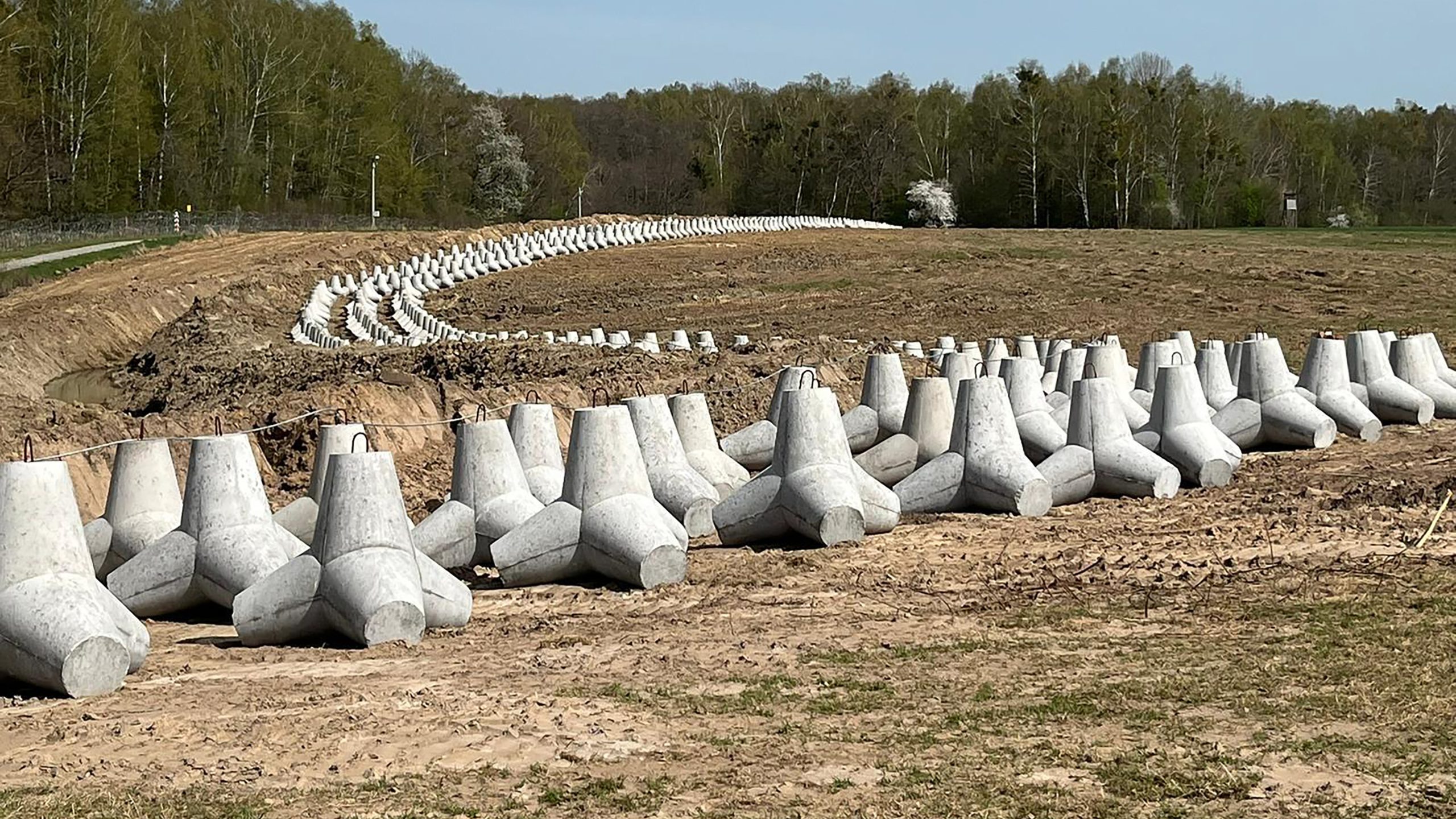Poland’s Military Preparations and Geopolitical Context
A Call to Arms: Poland’s Defensive Strategy
Poland is not idly watching the geopolitical tensions unfold in Eastern Europe. Instead, it is actively fortifying its defenses, preparing for the worst while hoping for the best. The specter of a potential Russian invasion looms large, prompting Poland to implement a comprehensive strategy to bolster its military capabilities. At the heart of this strategy is an ambitious plan to train every adult male in the country, aiming to create a formidable defense force ready to repel any aggression.
This initiative is not just about numbers; it’s about creating a nation of defenders. By encouraging voluntary military training, Poland is ensuring that a significant portion of its population is prepared for military service. This grassroots effort complements the government’s initiatives and underscores the nation’s resolve to protect its sovereignty. The Polish government’s decision to send ten thousand troops to its border with Belarus is a clear indication of the severity of the perceived threat. This move is part of a broader effort to counter what Poland views as a significant security risk, given the ongoing conflict in Ukraine and the geopolitical tensions in the region.
Navigating a Tense Geopolitical Landscape
The geopolitical landscape in Eastern Europe is a powder keg, with Russia’s full-scale invasion of Ukraine as the most recent and explosive catalyst. Poland, sharing a 500-mile border with Russia and its ally Belarus, finds itself in the eye of the storm. The U.S.-Poland alliance, once a see-saw relationship, has become more critical than ever. This alliance provides both countries with opportunities to address immediate security concerns and broader issues of mutual interest.
Poland’s foreign minister, Radosław Sikorski, has been a vocal advocate for democracy and support for Ukraine. His discussions with world leaders and media outlets highlight Poland’s commitment to democratic values and its support for Ukraine in the face of Russian aggression. The new government in Poland is also focused on rebuilding democratic institutions, dismantled during the eight-year rule of the far-right Law and Justice Party. This effort is crucial for maintaining internal stability and cohesion, which are essential for a strong national defense.
A Nation on Alert
The Polish public is not passively awaiting instructions from the government. Citizens are actively preparing for the possibility of war, joining the military and participating in shooting range training. This collective readiness to defend the country is a powerful demonstration of national unity and resolve. The Polish ambassador to the U.S., Marek Magierowski, has warned of a prolonged conflict in Ukraine and has called for increased support from the West. This call for support is not just about military aid but also about diplomatic and economic backing to ensure that Ukraine can withstand the ongoing Russian invasion.
The ambassador’s warnings reflect the broader concern within Poland about the potential for a wider conflict that could directly involve Poland. The Polish military is not only expanding its troop numbers but also focusing on voluntary military training for all adult males. This initiative is designed to ensure that a large segment of the population is prepared for military service, thereby increasing the country’s overall defense readiness. Warsaw’s plan to bolster its armed forces to half a million military personnel is a clear indication of its commitment to enhancing its military capabilities in the face of potential threats.
The Economic and Social Costs of Preparedness
The economic implications of Poland’s military preparations are substantial. The country is already spending heavily on defense, and the need for manpower is a critical factor. The Polish armed forces chief of staff has emphasized the need to prepare for all-out conflict, which requires a substantial investment in both military personnel and equipment. The aging population in Poland poses a challenge in achieving the desired military strength, but the government is committed to overcoming this obstacle.
This commitment is evident in the government’s efforts to rebuild democratic institutions and foster a sense of national unity. The public’s active participation in military training and preparedness initiatives is a testament to the government’s success in rallying the nation behind its defensive strategy. The economic costs are high, but the potential costs of inaction are even higher. Poland is making a significant investment in its future, both in terms of military strength and national cohesion.
A Nation United in Preparation
Poland’s preparations for a potential Russian invasion are a testament to its resilience and determination to safeguard its sovereignty. The country’s strategic moves, including the training of adult males and the deployment of troops to its borders, reflect a proactive approach to national defense. The alliance with the United States and the support for Ukraine further strengthen Poland’s position in the geopolitical landscape.
As the world watches the unfolding events in Eastern Europe, Poland stands as a beacon of readiness and resolve. The nation’s unity and determination are evident in its military preparations, its diplomatic efforts, and its public’s active participation in defensive initiatives. Poland is not just preparing for war; it is preparing for peace, for a future where its sovereignty is respected, and its people are safe. This is the true measure of Poland’s strength and resilience in the face of adversity. The nation’s preparations are not just about military might; they are about the enduring power of unity, resolve, and the unyielding spirit of a people determined to defend their homeland.


